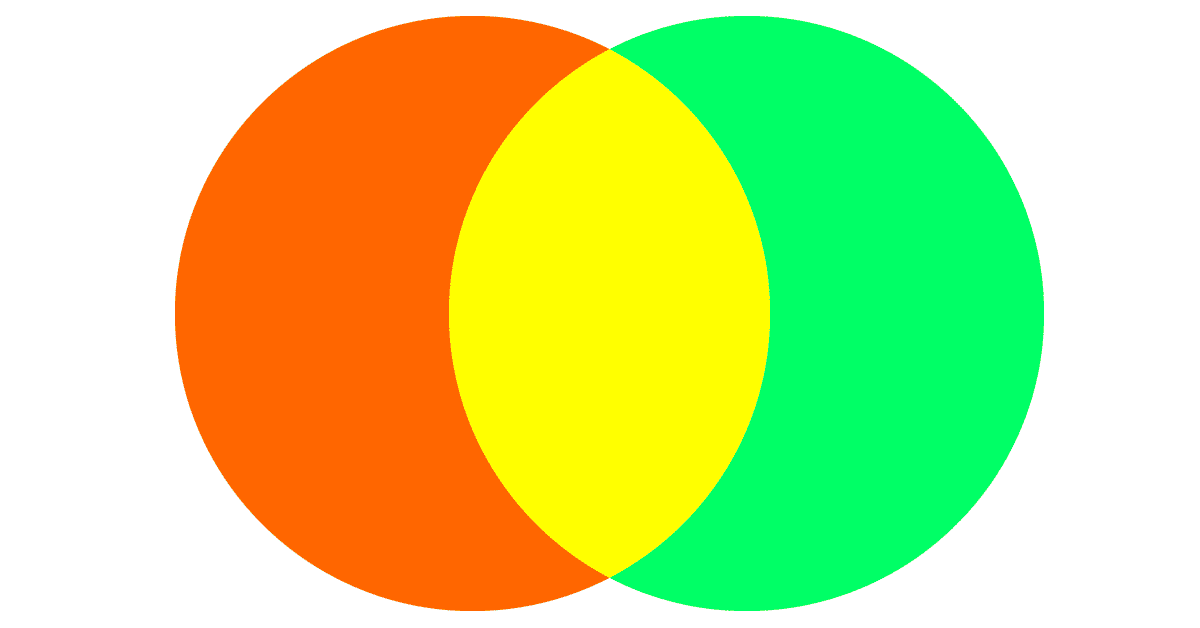Teaches Eco-Social Economics at the MA in Eco-Social Design | WS15/16

Born in Berlin in 1942. Course of study in economics at the Freie Universität Berlin from 1962 to 1966. Awarded doctor degree in 1969. Until 1971 scientific assistant and assistant professor in Berlin.
From 1971 to 2004 Professor for Economic Theory at the University of Bremen. Since then manifold activities in the field of social-ecological economics (teaching, giving presentations, consulting, researching).
Main topics: Microeconomics from a social-ecological perspective; history of economic thought; ecological economics; feminist economics; future of work.
Member of the Network “Vorsorgendes Wirtschaften”, of the Association for Ecological Economics (VÖÖ) and of the scientific council of Attac Germany.
Eco-Social Economics
Eco-Social Economics (ESE) is an economic concept which understands the economic realm as a combination of multifaceted action spheres which are embedded in society as well as in nature. In this theory, therefore, the entire economy is taken under consideration. Included is a broad theory of productivity as well as a broad concept of labour. The eco-social view of economy makes clear: The market economy with its production of commodities is based on a specific care economy where possibilities of life are being provided by care work, mostly done by women. And it is based on nature. In mainstream economics caring activities and regenerative forces of nature are not seen as part of the economy. They are “externalized”. Eco-social economics criticizes this concept of a disembedded economy with its gender specific structure and an understanding of nature only as external producer of resources and as means of waste disposal. It goes on to search for concepts of transformation towards a sustainable economic system.
Eco-Social Economics 1: 15.10. and 16.10.15
Introduction to Eco-Social Economics
− The pre-analytic vision of ESE (scope, picture of humans, concept of nature …)
− The pre-analytic vision of Mainstream Economics (markets, homo oeconomicus …)
− Challenges: sustainable development and feministic theory
− Food production and consumption in Mainstream Economics and in ESE (a first view)
Eco-Social Economics 2: 12. 11. and 13.11.15
Focus: (Re)Productivity
− Productivity and “reproductivity” in the history of economic theory
− The new concept of (Re)Productivity
− New action principles: “Vorsorge”, cooperation, orientation towards a good life
− (re)productive food production and consumption
Eco-Social Economics 3: 17.12. and 18.12.15
New Social Contracts for a Sustainable Economy with a Sustainable Food System
− What is a social contract?
− What is wrong with the modern social contract?
− A new social contract for eco-social transformation processes
− Manifold new community oriented social contracts for a sustainable food system
RECOMMENDED READINGS
• Biesecker, Adelheid/ Kesting, Stefan: Microeconomics from a social-ecological perspective – the basic concept (2001)
• Biesecker, Adelheid/ Hofmeister, Sabine: Focus: (Re)productivity. Sustainable relations both between society and nature and between the genders. In: Ecological Economics 69 (2010), pp. 1703-1711
• Biesecker, Adelheid/ von Winterfeld, Uta: Regeneration in Limbo: Ecofeminist Perspectives on the Multiple Crisis and Social Contract. In: Philips, Mary und Rumens, Nick (Hg.): Contemporary Perspectives on Ecofeminism. New York and London: Routledge (2015)
Interesting questions / statements
The economic system in the industrialised capitalistic countries including the way of producing and consuming food is not sustainable.
Why do we buy which food – what are our action principles?
What are the impediments for a change towards a (food-)lifestyle which fits to the regenerative processes of nature – and which enables a fair price for the producers?
